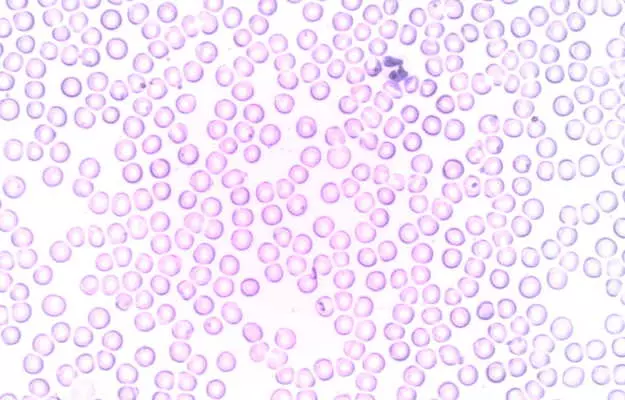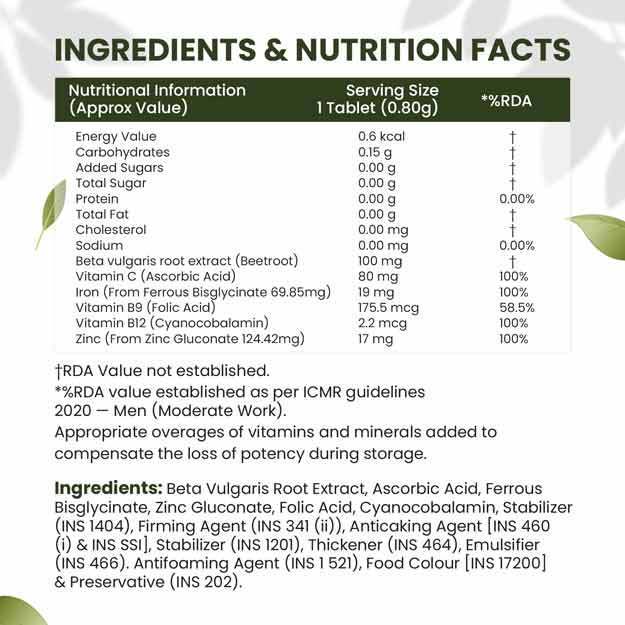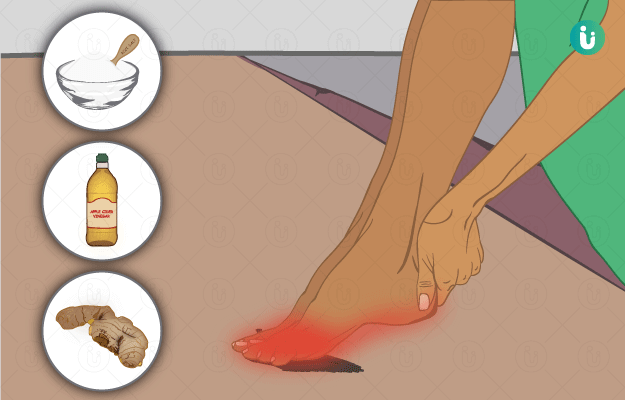During any type of infection in the body, white blood cells protect us by fighting them. White blood cells are also known as leukocytes which are an important part of the immune system. One such form of white blood cells is neutrophils. Neutrophils play a leading role during the response of the immune system. The presence of neutrophils in white blood cells is around 55 to 70 percent.
The immune system of our body is made up of tissues, organs and cells. When we get any kind of injury or fall ill due to any external component like antigen, then in that situation the immune system comes into an active role. The immune system protects the body by fighting the antigen. White blood cells produce chemicals that go to the source of infection or inflammation and fight the antigen .The types of antigens are as follows
- Bacteria
- Virus
- Fungus
- Poison
- Cancer cells
Now the question arises: what is the role of neutrophils in such a situation? In fact, the circulation space of other white blood cells is limited. In contrast, neutrophils can reach the body tissues through the walls of the veins and fight antigens.
Read More - (How Much Blood is in the Human Body?)




























